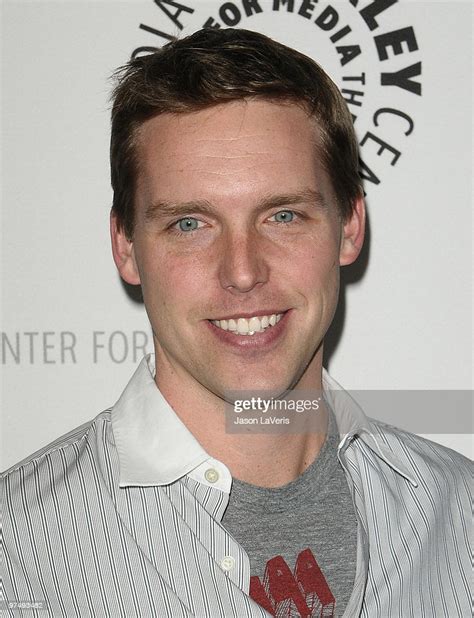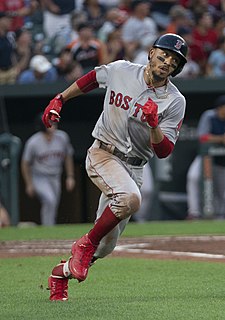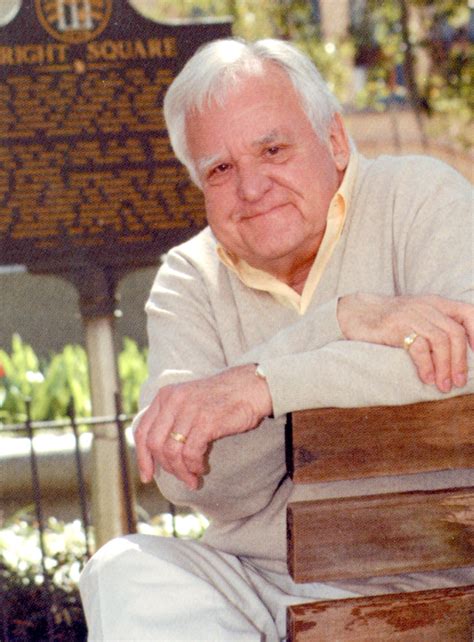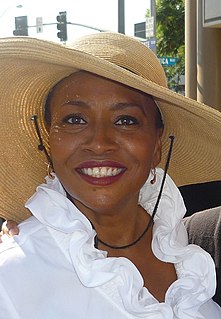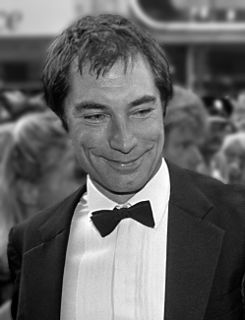A Quote by David Whyte
Eventually we realize that not knowing what to do is just as real and just as useful as knowing what to do. Not knowing stops us from taking false directions. Not knowing what to do, we start to pay real attention. Just as people lost in the wilderness, on a cliff face or in a blizzard pay attention with a kind of acuity that they would not have if they thought they knew where they were. Why? Because for those who are really lost, their life depends on paying real attention. If you think you know where you are, you stop looking.
Quote Topics
Attention
Because
Blizzard
Cliff
Depends
Directions
Eventually
Face
False
Just
Kind
Knew
Know
Knowing
Knowing What To Do
Life
Looking
Lost
Not Knowing
Pay
Pay Attention
Paying
People
Real
Realize
Really
Start
Stop
Stops
Taking
Think
Those
Thought
Us
Useful
Were
Why
Wilderness
Would
You Think You Know
Related Quotes
From the simplest lyric to the most complex novel and densest drama, literature is asking us to pay attention. Pay attention to the frog. Pay attention to the west wind. Pay attention to the boy on the raft, the lady in the tower, the old man on the train. In sum, pay attention to the world and all that dwells therein and thereby learn at last to pay attention to yourself and all that dwells therein.
I'm continuously playing this game of what's real and what's not real, and having to balance and judge and realize that there are things that carry real weight in the world and actually have power in them. And there are things that are just pointless, and you don't have to pay attention to those things.
The pain comes from more than the facts of circumstance, or the deeds of others. It comes from within. From understanding what we lost. It comes from knowing how foolish we were - vain, arrogant children - when we thought ourselves happy. It comes from knowing how fragile and doomed the old ways were, just when we thought them and ourselves, secure!. The pain comes from knowing we have never been safe, and therefore will never be safe again. It comes from knowing we can never be children again.
... there's a large core of powerlessness which is balanced against the unwritten contract that says that if you behave, you'll be okay. No wonder people pay so much attention to knowing the rules, to knowing the right people, to not making waves, to never making errors -- to not risking, trying, innovating.
These are the only two situations possible, and you are in the sad situation. Everybody may know about you - who you are - but you yourself are completely oblivious of your transcendence, of your real nature, of your authentic being. This is the only sadness in life. You can find many excuses, but the real sadness is this: you don't know who you are. How can a person be happy not knowing who he is, not knowing from where he comes, not knowing where he is going? A thousand and one problems arise because of this basic self-ignorance.
Right now you can allow yourself to experience a very simple sense of not knowing - not knowing what or who you are, not knowing what this moment is, not knowing anything. If you give yourself this gift of not knowing and you follow it, a vast spaciousness and mysterious openness dawns within you. Relaxing into not knowing is almost like surrendering into a big, comfortable chair; you just fall into a field of possibility.
The man is a humbug — a vulgar, shallow, self-satisfied mind, absolutely inaccessible to the complexities and delicacies of the real world. He has the journalist's air of being a specialist in everything, of taking in all points of view and being always on the side of the angels: he merely annoys a reader who has the least experience of knowing things, of what knowing is like. There is not two pence worth of real thought or real nobility in him. But he isn't dull.
Pay attention to your friends; pay attention to that cousin that jumps up on the picnic table at the family reunion and goes a little too 'nutty,' you know what I mean? Pay attention to that aunt that's down in the basement that never comes upstairs. We have to pay attention to our friends, pay attention to your family, and offer a hand.






